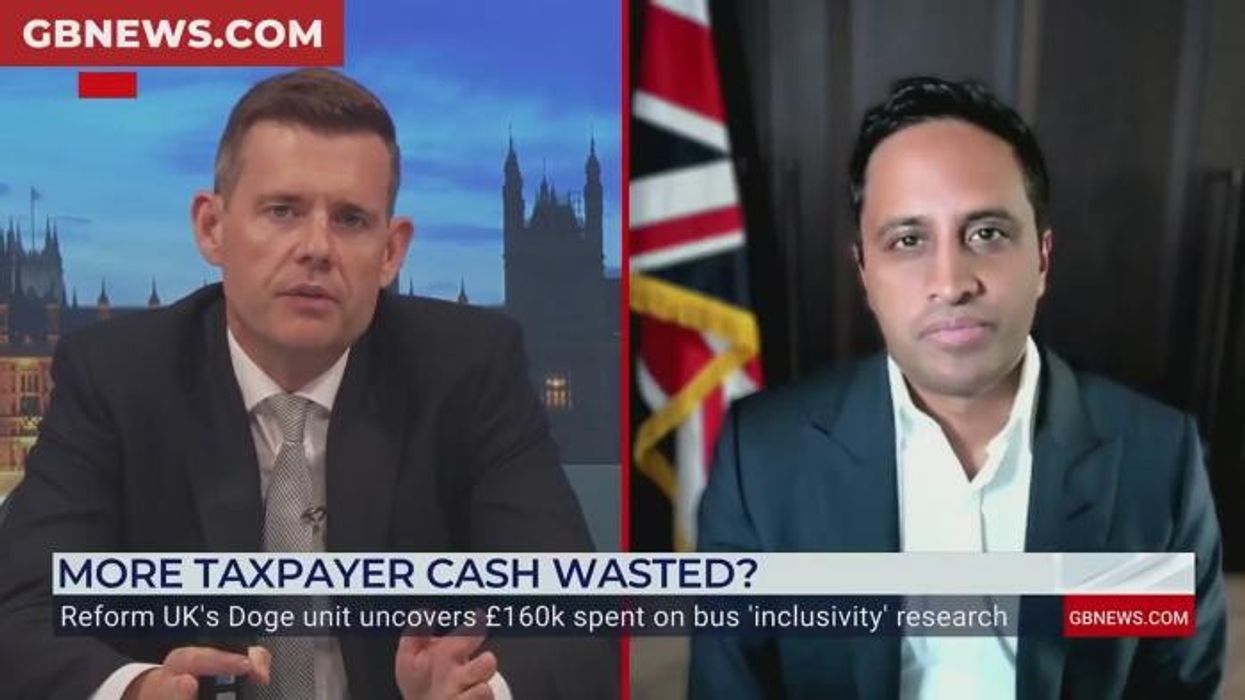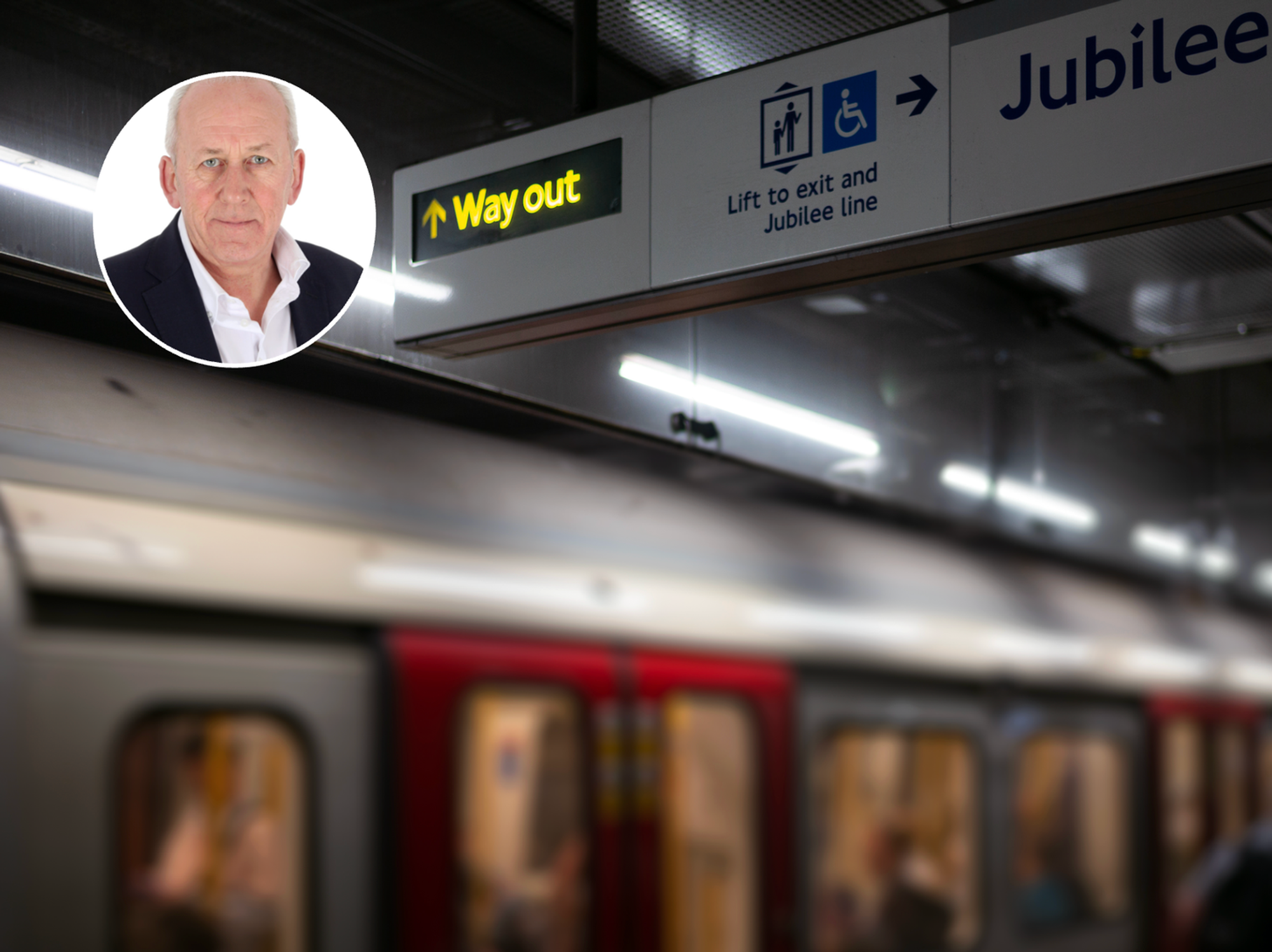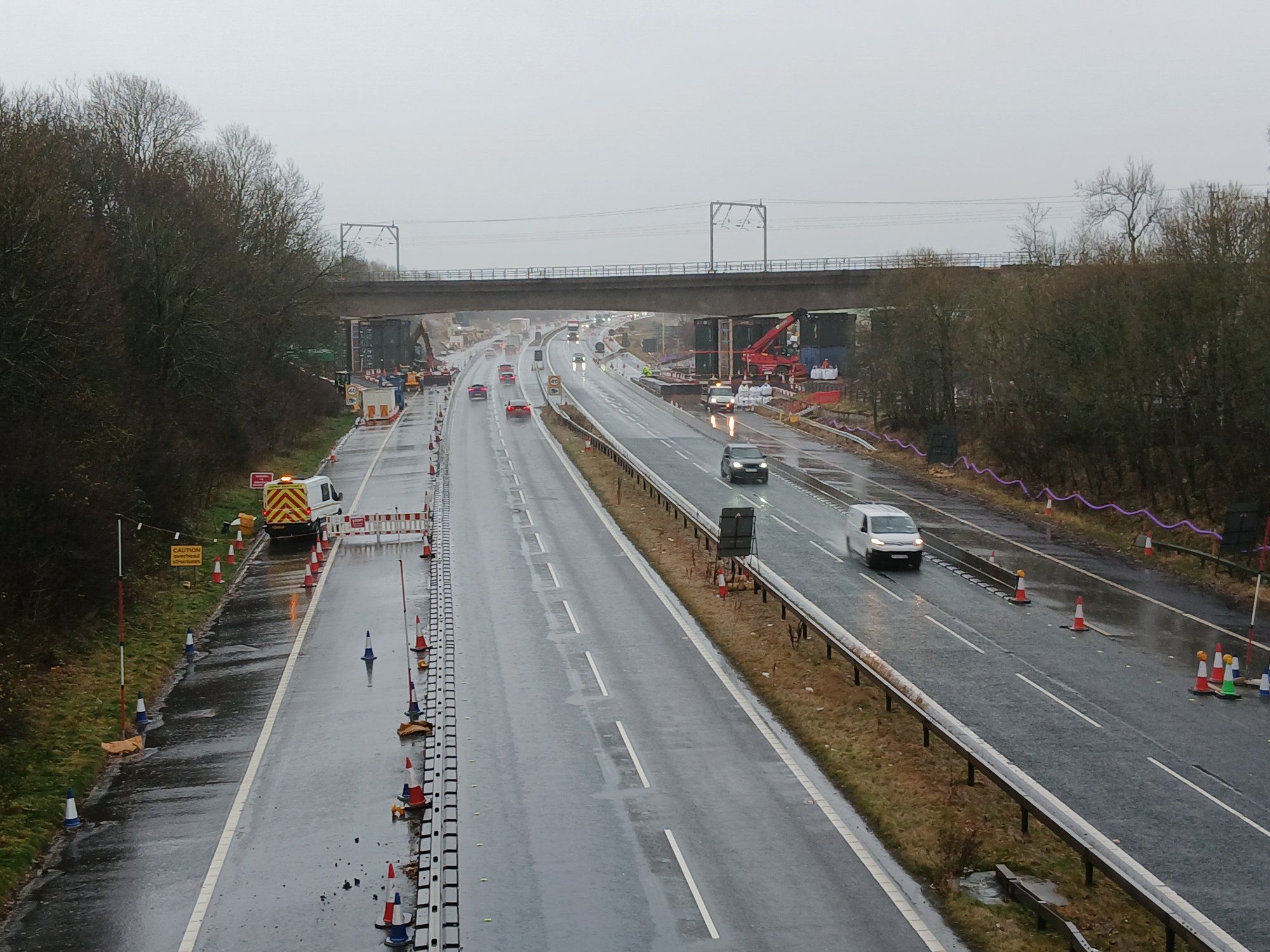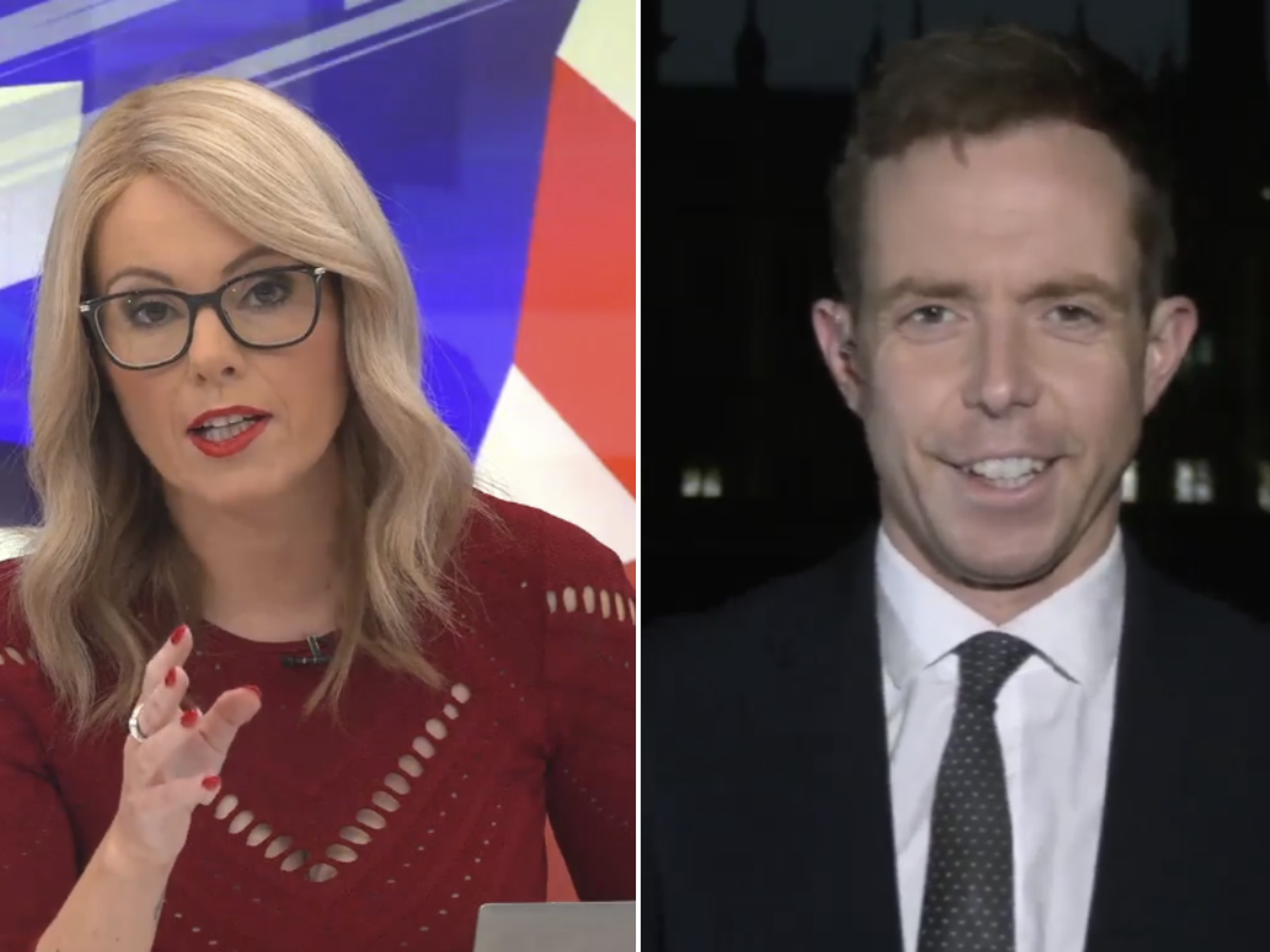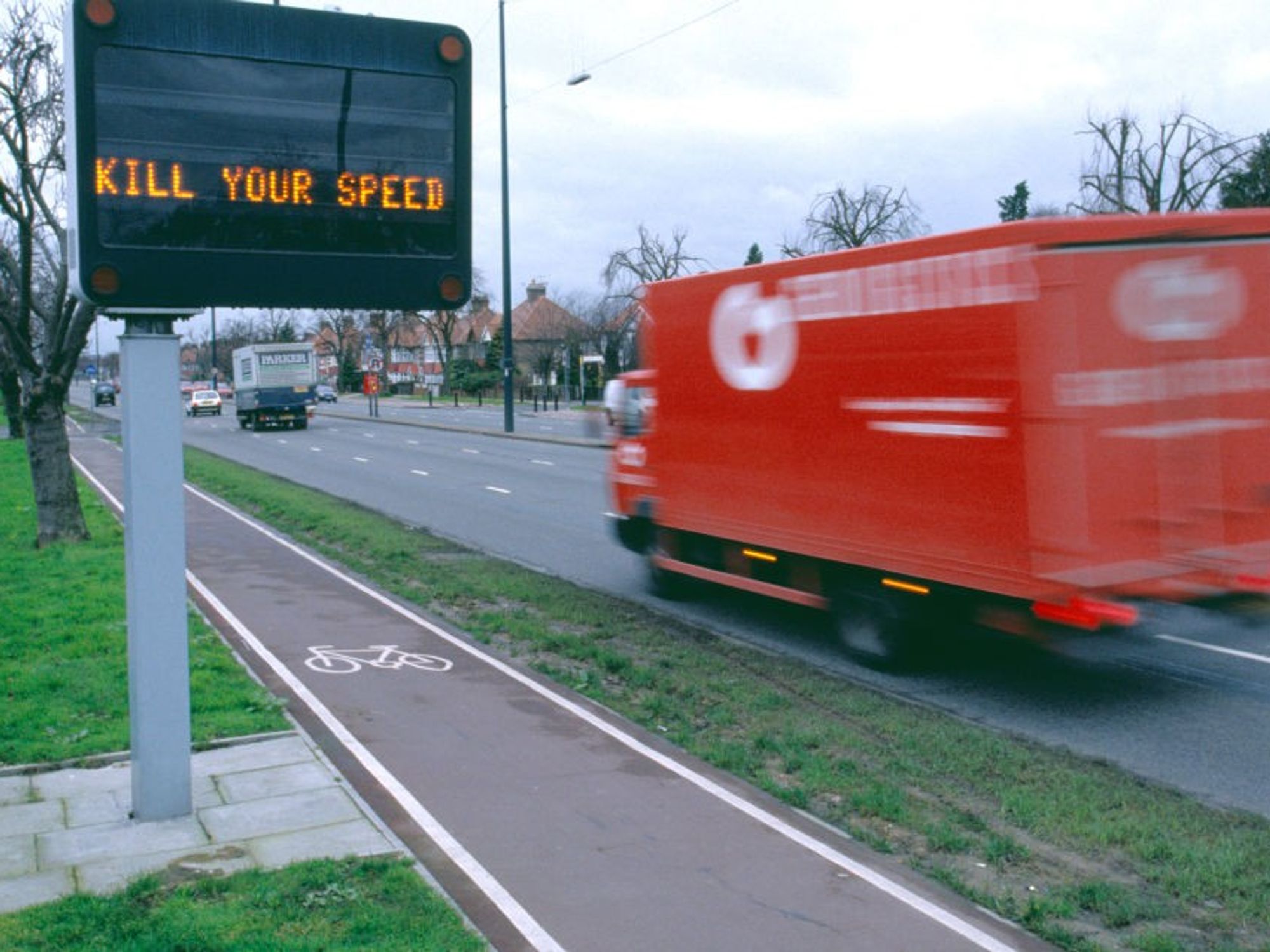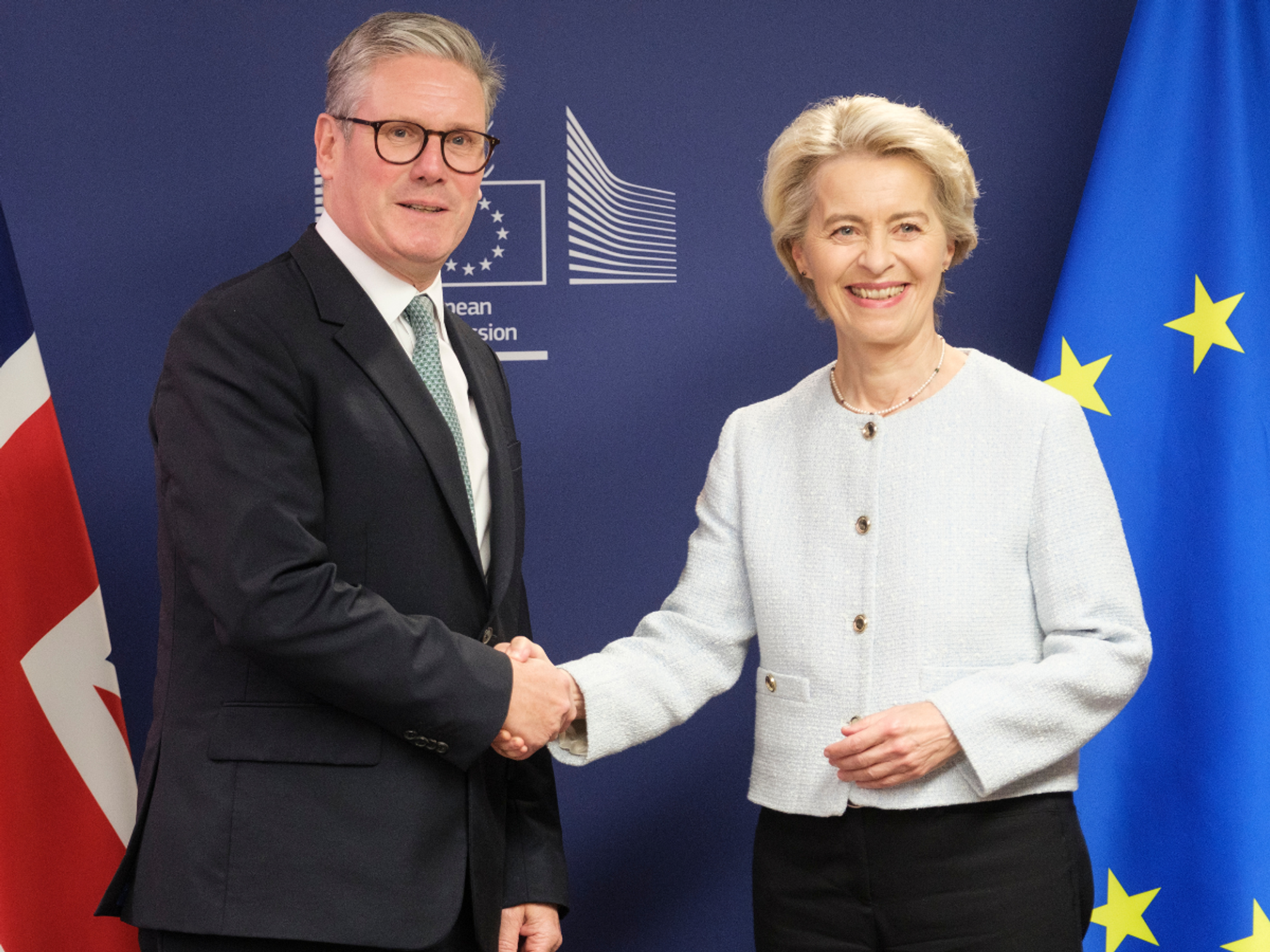Reform's Doge unit has uncovered a £1.2bn money pit. Labour must be terrified about May 2026 - Ann Widdecombe

A political party is finally looking in depth at the expenditure of the local councils which it controls, writes the former Conservative MP
Don't Miss
Most Read
Trending on GB News
We all know how democracy works. Voters elect politicians who then make decisions on their behalf, and then, a few years later, the voters can re-elect or reject them, depending on their record. Thus far, thus simple.
The problem is that, by and large, Joe Public has no idea what that record is. The headline figures are easy enough to find out. If you want to know the cost of HS2, you can find it.
If you want to know what the NHS costs every year, you can find it. If you want to know the size of the national debt, you can find it.
However, if you want to know what the individual costs are that make up the totals, you will often need a friendly MP to put down a question in the House or else expend a lot of time and ingenuity on the internet. Believe me, I know.
You might want, for example, to ask about NHS procurement practices and whether a simple change to procedure could result in a saving of millions.
You might want to know not only how much is spent annually on interpreters for asylum seekers but also a breakdown of those costs between different types of asylum seeker (boats, planes, lorries, genuine claims or whatever). All I can say is good luck to the average voter with any of that!
Every so often a newspaper or media channel or academic takes an in-depth look at some such aspect of overall expenditure but generally it all passes us by, until at the next election the politicians argue over conflicting figures. After all, you can do almost anything with statistics.
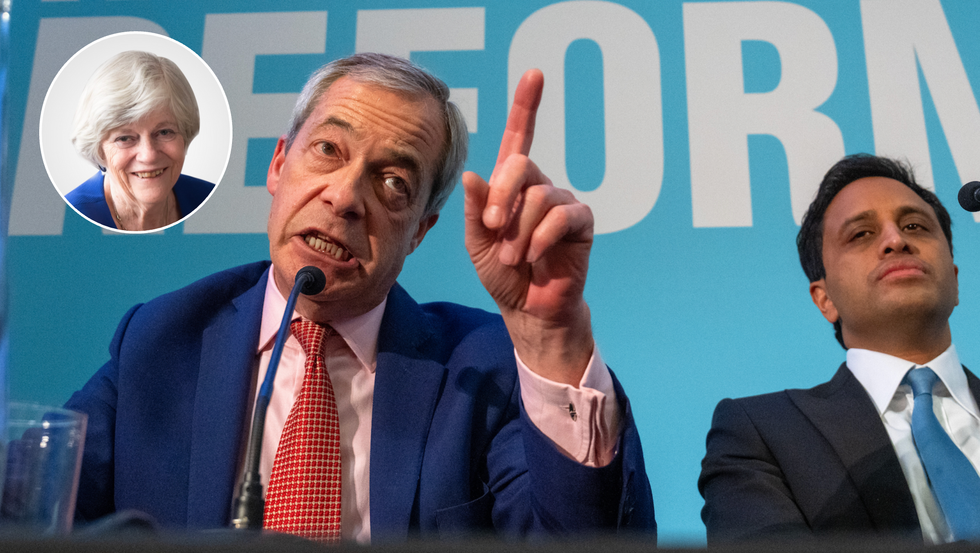
Reform's Doge unit has uncovered a £1.2bn money pit. Labour must be terrified about May 2026 - Ann Widdecombe
|Getty Images
That is what makes Reform’s DOGE (Department of Government Efficiency) initiative so exceptional. A political party is now looking in depth at the expenditure of the local councils which it controls, and this week called a press conference to look at some of the early results.
Pension funds may not be the first words on voters’ lips when they get their council tax bills, but, dear heaven, do they control a huge amount of money.
What do they do with it all? And if they acted differently, how might that benefit the taxpayer?
Let me stress, as Zia Yusuf did at the press conference, that this is not about the level of pensions, which will certainly not be reduced, but about how the funds are operating and investing the contributions.
So far in the 13 councils which it controls, Reform has estimated that pension funds are overpaying on fees to the tune of £265m and that a further £1.24 bn is squandered through poor investments.
Cumulatively, such mismanagement is costing taxpayers £10billion.
Savings through efficiency could amount to some £350 per household, enabling lower council taxes or more money spent on social care or both.
Perhaps one of the most interesting facts Yusuf referred to in a subsequent interview was the impact on social care of the rate of diagnosis of children requiring special needs education and of the requirement for local councils to meet the cost, but without the ability to challenge such assessments.
Detail, deep diving, close analysis. I think we can look forward to plenty of these announcements before the next set of local elections, and Reform will be able to enter them with a thoroughly researched expenditure and control policy.
More From GB News


